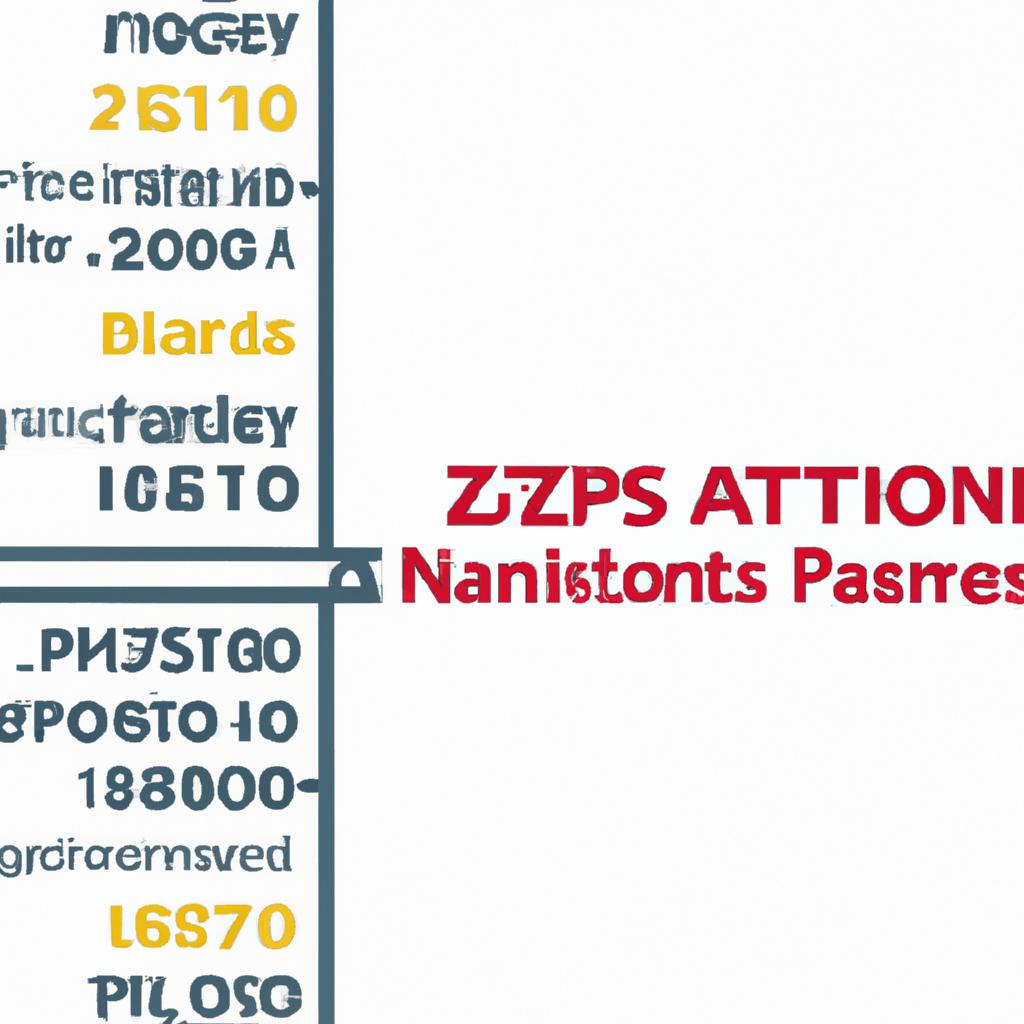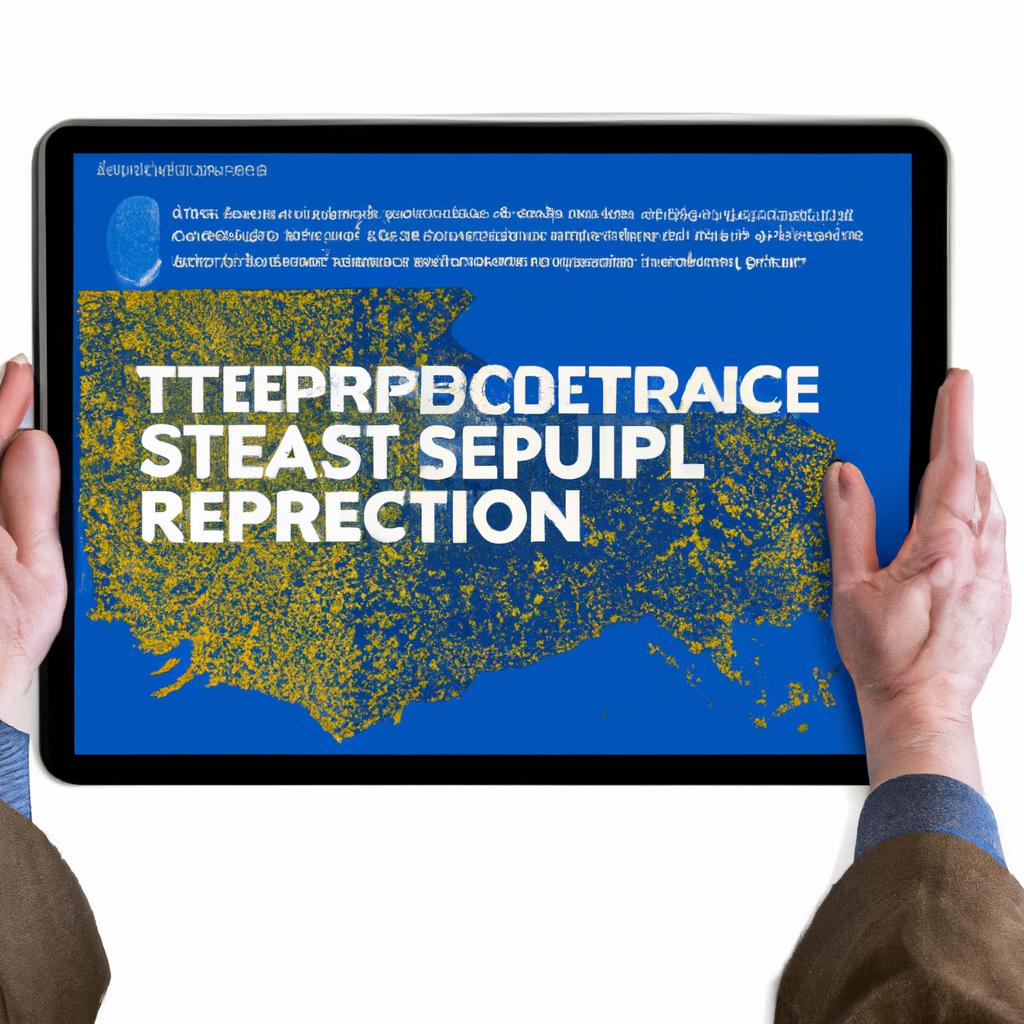Safeguarding Integrity: The Importance of Respecting Zip Code Protected Brands
In a world increasingly driven by globalization and the rapid interchange of ideas and commodities, the concept of brand identity stands as a pillar of cultural heritage and economic vitality. Within this landscape, certain brands hold a mantle of protection, safeguarded by the unique essence of their origins—particularly those tethered to specific geographical identifiers known as zip code protected brands. These brands, often steeped in local tradition and imbued with authenticity, encompass more than mere products; they are the lifeblood of their communities, representing a tapestry of stories, craft, and legacy. As we delve into the significance of respecting these protected names, we uncover not only the layers of economic impact they bear but also the ethical imperatives that demand our attention in preserving their integrity. Join us as we explore how safeguarding these brands fosters respect for cultural uniqueness, champions local economies, and upholds the values that bind communities together in an ever-evolving marketplace.

Understanding Zip Code Protected Brands and Their Significance
In a world increasingly focused on authenticity and quality, zip code protected brands emerge as beacons of trust. These brands, often linked to specific geographical regions, carry with them not only a promise of superior quality but also a cultural and historical significance. By safeguarding the integrity of these brands, consumers not only ensure the continuation of traditional practices but also support local economies. The distinctive attributes that define zip code protected brands contribute to an enriched consumer experience, fostering appreciation for artisanal craftsmanship and regional diversity.
Respecting these brands involves understanding their role in a larger ecosystem, where heritage, tradition, and pride intersect. Consumers benefit from making informed choices, which empowers producers to uphold their unique methods and standards. Here are a few reasons why acknowledging zip code protected brands is vital:
- Economic Benefits: Supporting these brands can lead to increased investment in local communities.
- Cultural Preservation: They play a critical role in maintaining regional identity and promoting cultural heritage.
- Quality Assurance: Zip code protected brands often mean higher quality and authenticity, ensuring consumers receive the best of what a region has to offer.

The Ethical Imperative: Why Respecting Geographic Trademarks Matters
In today’s global marketplace, the protection of geographic trademarks is not merely a legal formality but a critical recognition of cultural heritage and local identity. Geographic indications are more than just labels; they represent a story of craftsmanship, tradition, and the unique connection between a product and its origin. For instance, when consumers purchase Champagne, they are not just buying a sparkling wine; they are investing in a legacy of hospitality and meticulous production methods rooted in the Champagne region of France. Respecting these distinctions helps sustain the livelihoods of countless artisans and producers who are committed to maintaining the integrity of their regional goods.
Moreover, the ethical implications of disregarding geographic trademarks extend beyond local economies to consumer trust and product authenticity. When brands misuse geographical indicators, they erode consumer confidence and can dilute the value of original products. This is especially vital in industries such as food and beverage, where the uniqueness of a product is often tied to its geographic origin. By honoring these trademarks, businesses can foster a sense of responsibility and respect in their sourcing and branding practices. Here are a few reasons why upholding these standards is essential:
- Protects Cultural Heritage: It preserves the unique characteristics of products tied to specific regions.
- Aids Economic Development: Strengthens local economies by supporting regional producers.
- Promotes Fair Competition: Ensures that market competition is grounded in authenticity rather than imitation.
- Enhances Consumer Knowledge: Educates consumers about the origins and differences between products.
| Geographic Trademark | Country of Origin | Key Feature |
|---|---|---|
| Parmesan | Italy | Traditionally made from cow’s milk using methods dating back to the Middle Ages. |
| Bourbon | USA | Must be made from at least 51% corn and aged in new charred oak barrels. |
| Tequila | Mexico | Made from the blue agave plant, primarily in the region surrounding the city of Tequila. |

Strategies for Businesses to Honor and Uphold Brand Integrity
To effectively celebrate and maintain brand integrity, businesses should adopt a multi-faceted approach that combines clear communication, respect for legal boundaries, and active community involvement. **Transparency** is key—they should openly share their business practices and values with customers, ensuring that stakeholders understand their commitment to integrity. Additionally, implementing **rigorous compliance checks** can help businesses avoid any misalignments with established brand identities, particularly for those brands that are protected by zip code regulations. This includes regular audits, legal consultations, and the creation of a comprehensive policy manual that aligns with industry standards.
Another essential strategy involves actively engaging with the communities that support these brands. Businesses should consider adopting a community-centric culture by:
- Hosting local events that spotlight the heritage and significance of zip code protected brands.
- Collaborating with local organizations to promote awareness and education about the importance of protecting brand integrity.
- Encouraging feedback from customers to ensure that their voices are heard and valued.
Furthermore, establishing a **social responsibility framework** could further enhance brand integrity. This framework could include initiatives related to sustainability or ethical sourcing, directly reflecting the values and principles of the brands being honored.
| Strategy | Description |
|---|---|
| Transparency | Share business practices and values openly with stakeholders. |
| Compliance Checks | Conduct regular audits to ensure alignment with brand standards. |
| Community Engagement | Host events and collaborate with local organizations to raise awareness. |
| Social Responsibility | Implement sustainability and ethical sourcing initiatives. |
In Conclusion
In the intricate tapestry of brand identity, zip code protected brands stand as guardians of heritage, craftsmanship, and community pride. As we navigate an increasingly globalized marketplace, it becomes imperative to acknowledge the unique narratives embedded within these regional trademarks. Respecting these brands is not just a matter of legal adherence; it’s a celebration of diversity and a commitment to authenticity.
As we conclude our exploration of the significance of safeguarding integrity in this realm, let us remember that every zip code tells a story, each brand a legacy. By honoring these protected identities, we support not only the artisans and producers behind them but also the communities they represent. In doing so, we cultivate a marketplace where creativity and tradition flourish side by side, fostering a future that values the essence of local expression. Ultimately, the respect we extend to zip code protected brands paves the way for a richer, more vibrant cultural tapestry—one where every thread brings its own color, texture, and history to the narrative.
